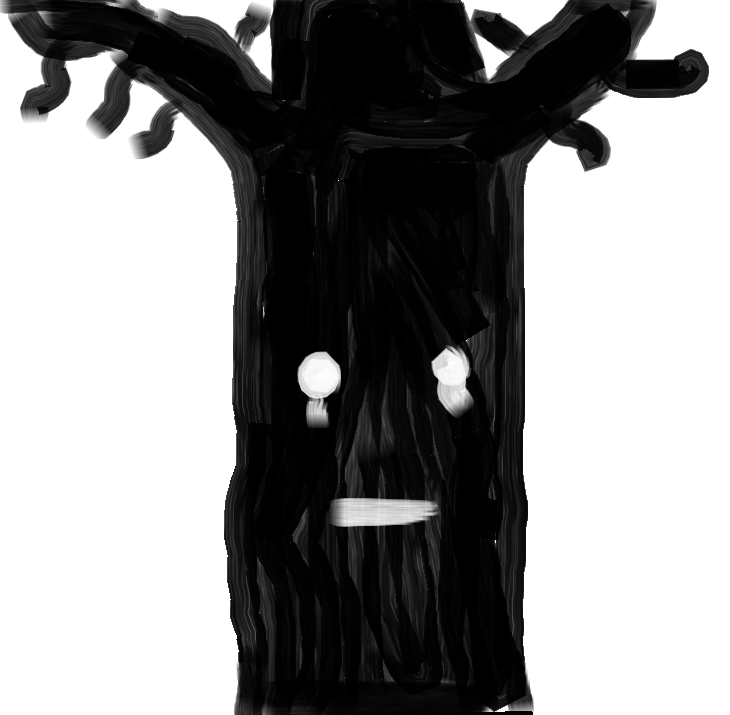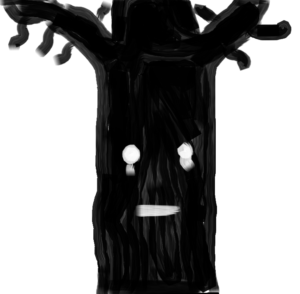
The Comedy Beyond Hope
With apologies to Dante Alighieri, the saints, the penitent, and all of the damned.
I
Dante Dreams of a Return to Hell
Somewhere in his home in Florence there is a scrap of paper. On the paper is a poem he wrote years ago, before his exile. He searches for it now, on his hands and knees, in the mud, while the gluttons lie at his feet, blind. All he finds are the empty hands of men, who are stacked atop each other endlessly beneath him, mixed with the sludge. He wonders if the whole of hell is made of groping dead men, all the way to the core. Maybe he had imagined all the circles. He tries to recall Satan’s face, but he cannot. He sees three mouths, but they are empty.
He goes to the river to wash the dirt from his hands. The waters of the Styx are clean, and no men drown there. Beatrice stands at the opposite shore, undressing. He walks across the surface of the water, and when he reaches her she is putting back on her clothes. She asks him to follow her, but they lose each other in the wood. In frustration, he tears at the bark of the tree beside him and its sap oozes white. The tree does not moan. It has no story to tell him.
“I should return to the vestibule,” he thinks. “Virgil must be waiting for me there.” He walks for hours, but never finds Limbo again.
II
A Celebrated Revolutionary Seeks Absolution in Purgatory
Every night the streets fill with young men and young women. He can hear the chanted slogans as he lies uncomfortably on his mattress. A spring digs at the the musket ball that sits under the skin at the small of his back. He can smell the smoke through the open window, and occasionally a bit of ash will settle on his tongue. In a dream he sees his mother, fresh from church with a grey cross on her forehead, and she offers him a glass of water that is too cold for him to swallow.
In the morning he stands in front of the soap-stained bathroom mirror and counts the bullet wounds in his chest as he buttons his shirt. The rope burns are still on his wrists. He drives to the bodega that he has no memory of buying and greets his wife, who he has no memory of marrying. All morning he sweeps the broken glass from the floor. His wife is on the phone with the insurance company. She hangs up, smiling.
“Don’t worry,” she tells him. “They will pay for everything.”
III
The Neurotic Passes an Eternity in Heaven
When he was a child his mother kept an afghan at the foot of her bed. Unfolded, it became immense, much larger than the bed, larger, perhaps, than the bedroom. He would open it and drape it across the room, suspending it from bedposts and curtain rods, even from the unused clothes hangers in the small closet beside the bureau. In his imagination it was a massive pastel spider web.
Lying beneath it in the midafternoon, he would feel a rare sense of contentment that was nothing like the terror that would consume him each night when he was alone in his room, clinging desperately to wakefulness, thinking about death and how similar it must be to sleep. His fear could not reach him there, in that space, for that moment. It was stuck, like a fly, to the outside of the web, squirming impotently. He could not even hear its buzz. He was safe. “If I died right now,” he would think, “that would be fine. I could die, and it would be OK.”
And that is how you can find him now, here in paradise, in repose on his back with nothing to see above him, always awake, at peace with a death that will never come.
